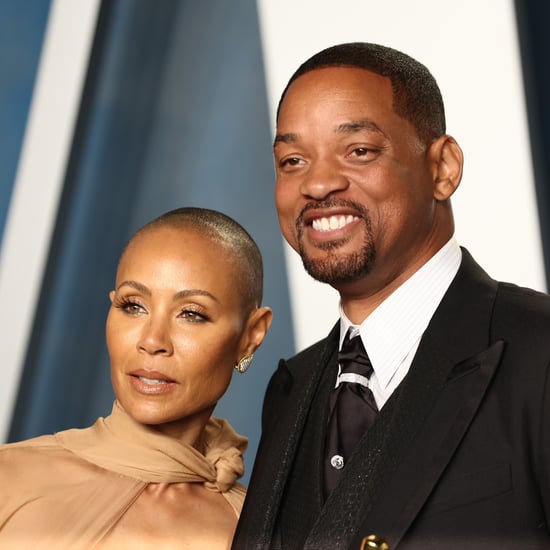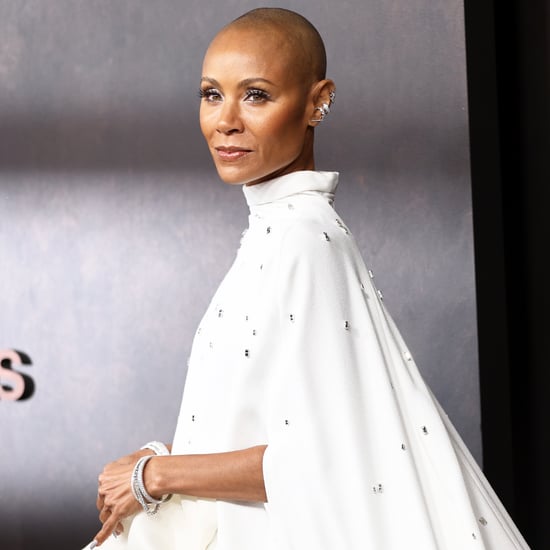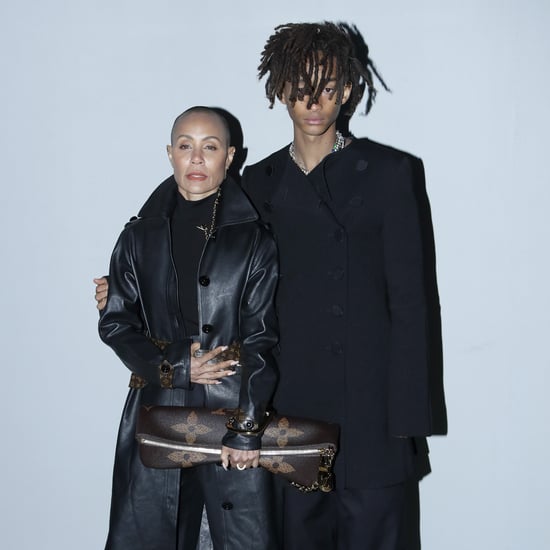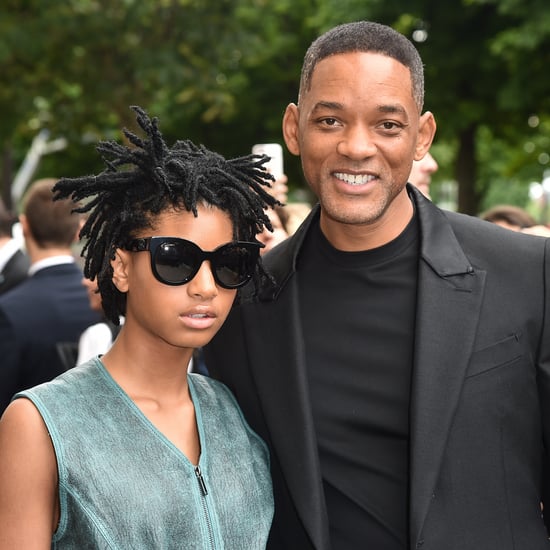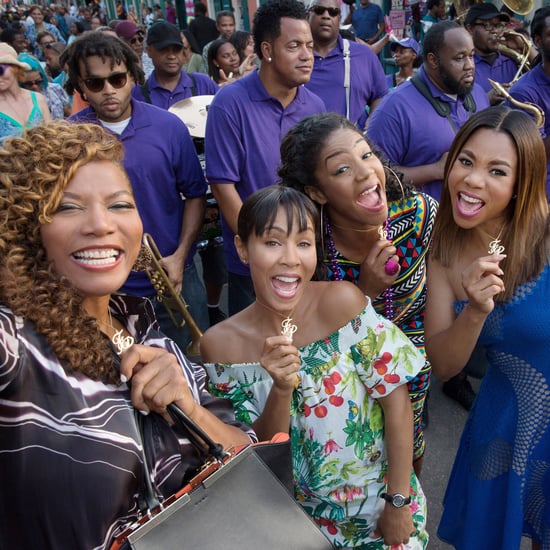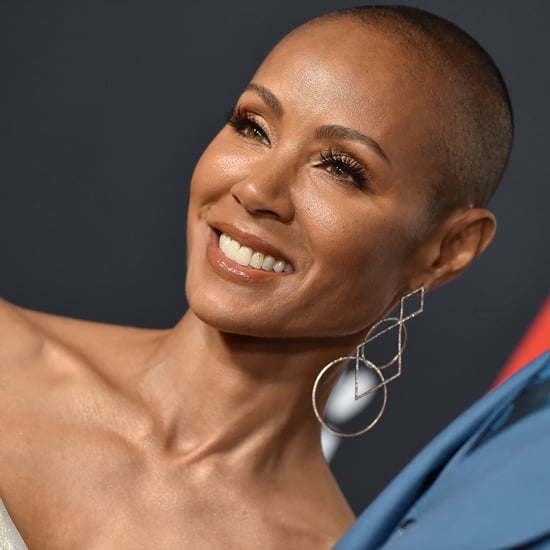Black Woman Raised by White Family on Transracial Adoption
A Black Woman Shared What It's Like to Be Adopted by a White Family, and It'll Make You Think
Raised By White Parents: A Black Adoptee SpeaksJada, Willow and Gammy sit down with Angela Tucker, a black woman who was raised by white parents, to discuss the struggles of transracial adoptees.
Posted by Red Table Talk on Sunday, October 20, 2019
Angela Tucker, a black woman who was raised by white adoptive parents, recently sat down with Jada Pinkett Smith, Willow Smith, and Jada's mom, Adrienne Banfield Norris, on the Facebook Watch Series Red Table Talk to discuss her experience as a transracial adoptee. Born on Sept. 18, 1985 with a form of cerebral palsy, while Angela told the hosts she is beyond grateful she was raised by a loving family, she admitted her upbringing wasn't without its pain points.
Growing up in a mostly white town, Angela shared that it was difficult for her to embrace herself as a black woman. "I have no sense of strong identity," said Angela. "Being a transracial adoptee is really difficult to share what we really feel because we have parents who raised us and love us and we don't want to appear we're not grateful for what they've done. For me to talk about transracial adoption honestly is to hurt somebody. . . I'm alive today but dead inside in some ways without knowing my culture and not being connected."
While Angela loves her family, she questions whether or not transracial adoption is truly the best route when it means the adoptee won't be exposed to their own culture.
"Where I fit in, where I feel like actually belong, is with other transracial adoptees," she said. "I feel like white people are comfortable around me, I'm comfortable with white people," she said, adding that: "It's not that I don't want to identify as a black woman, but not growing up with black culture and feeling fear when I met my birth mother and my whole birth family, I was a little bit afraid to meet them because they're a black family and I haven't been around that . . . But then at the same time I was like this is my family, and why am I afraid of my own family?"
"I have embraced my place in the white world. I have chosen to live in a predominantly white neighbourhood, and I'm just trying to be OK with that right now."
Angela admits that even as an adult, she's struggling to find her place in the black community. "Do I feel like I have the right [to assimilate into the black community?]" questioned Angela. "I don't think I feel the right. I haven't thought about it just like that. I have embraced my place in the white world. I have chosen to live in a predominantly white neighbourhood, and I'm just trying to be OK with that right now. I grew up in white spaces, so it makes sense that I might feel safe here."
Although Angela spent most of her time growing up around white people, she still experienced a sense of tokenism and microaggressions while at college — she was always on the school's pamphlets and people often asked to touch her hair — which she found flattering at first. "I was given what I feel like was white privilege by osmosis. A lot of people like myself, once we leave the house and we no longer have white privilege by osmosis, it's like an awakening," she said. "When I went to college I did feel a lot of racism, but it was coated in this way where I was put up on a pedestal." Those experiences with racism led her to examine her identity — and to pursue her current path to becoming a transracial adoption coach, who helps adoptive families navigate the process.
"[Transracial adoption coaching] is a lot of talking about feelings, sadly," explained Angela. "Adoptive parents have really commandeered the whole conversation. Unfortunately, we rarely hear from adopted people themselves because we often think about adoption as babies, and I'm an adult. Reality is that we grow up and we are still adopted. Rarely do we hear from birth parents. Instead, they're just kind of this amorphous, villiainzed people . . . they're scary. So a lot of my work is helping adoptive parents humanize their children's birth parents."
After speaking about how she helps adoptive couples, Adrienne prompted Angela, who has fostered children with her husband, to assimilate more into the black community — especially in the case that she ever adopts a black child. "That's not my goal," said Angela. "I've learned how to flourish in a white world. . . How am I supposed to raise a black child if I don't know about black culture?"
Angela is urged to leave her comfort zone as the conversation continues and as Angela's adoptive parents join the roundtable. Watch until the end to hear Angela's birth mother and adoptive parents' point of view on transracial adoption as well.

